Are you tired of relying on or trying to find medication to treat your migraines? If so, you’re not alone. Migraines can be debilitating, and traditional medication doesn’t work for everyone. As a result, more and more people are turning to non-pharmaceutical approaches to migraine treatment in Denver to manage their symptoms. Neurofeedback and biofeedback are two such options that have been shown to make lasting improvements for migraine sufferers. In this article, we will delve into how neurofeedback and biofeedback work, their potential benefits, and why they might be the right choice for you.
Headache Vs. Migraine
A migraine differs from a simple headache in several ways. It’s important to understand the differences between the two so you can take appropriate action to treat your pain.
Severity
The intensity of a migraine is typically much more severe than that of a typical headache. Migraines often cause throbbing or pulsating pain on one side of the head, and this pain can be grueling, leading to difficulty in performing daily activities. In contrast, a regular headache is usually a mild to moderate discomfort that can be relieved with ease.
Duration and Symptoms
Another distinguishing factor is the duration of the headache. Migraines can last for several hours to days, while a headache typically subsides within a few hours. Migraine attacks also often come with additional symptoms, such as nausea, vomiting, sensitivity to light or sound, and visual disturbances like flashing lights or blind spots. These accompanying symptoms are not common with a generalized headache.
Triggers
The triggers for migraines are often different from those of a mild headache. Migraines can be triggered by various factors like hormonal changes, certain foods or drinks, stress, lack of sleep, or strong smells. On the other hand, a simple headache is commonly caused by tension, stress, dehydration, or eye strain.
Why Do People Get Migraines?
While the exact cause of migraines is not fully understood, there are several factors that are believed to contribute to their development. One common factor is genetics, as migraines tend to run in families. Hormonal changes, particularly in women, can also trigger migraines, such as changes during menstruation or pregnancy. Certain environmental factors like bright lights, loud noises, strong smells, or changes in weather patterns, can also act as triggers for migraines. Lifestyle factors can play a role too via stress, inadequate sleep, poor diet, and excessive caffeine or alcohol consumption which can increase the likelihood of experiencing migraines.
Non-Medication Treatment options
When it comes to migraine treatment in Denver, medication is typically the go-to option for finding relief. However, neurofeedback and biofeedback are two non-invasive and completely drug-free options that can actually treat the root cause of your migraines.
Neurofeedback
Neurofeedback is a type of therapy that focuses on training the brain to self-regulate and reduce symptoms. It involves measuring the brain’s electrical activity, known as electroencephalography (EEG), and providing real-time feedback to the individual through visual or auditory cues. This feedback allows the individual to learn how to modify their brainwave patterns and reduce migraine symptoms.
When using neurofeedback to treat migraines in Denver, it can help identify specific brainwave patterns that are associated with migraines and teach people how to regulate and control these patterns. By using cognitive training techniques, patients can learn to increase or decrease the frequencies that are related to migraines, such as alpha or theta waves. The goal is to train the brain to maintain a more balanced and stable state, reducing the frequency and severity of migraines.
Biofeedback
Biofeedback focuses on the physiological responses to stress and pain, including migraines. It involves measuring various physiological signals, such as heart rate, skin temperature, muscle tension, and blood pressure, and providing feedback to the patient.
For migraines, biofeedback can be used to help people recognize and control certain physiological responses that may trigger or worsen migraines. By monitoring physiological signals and providing feedback, subjects can learn relaxation techniques, such as deep breathing, progressive muscle relaxation, or guided imagery, to reduce stress levels and prevent migraines from occurring or becoming worse.
Additional Steps to Keep Migraines at Bay
On top of using neurofeedback and biofeedback to treat migraines in Denver, there are some other natural methods you can employ to keep your migraines at bay.
- Maintain a regular sleep schedule and get an adequate amount of sleep each night
- Keep up with a healthy lifestyle by eating a balanced diet, staying hydrated, and engaging in regular physical exercise
- Identify and do your best to avoid your migraine triggers
- Find ways to keep your stress levels low like meditating or practicing yoga
By adopting these drug-free methods, you can significantly reduce the occurrence of migraines and improve your quality of life.
Get Started with a Non-Medication Migraine Treatment in Denver
If you’re done having to rely on medication to calm your migraines, it’s time to explore other avenues. With options like neurofeedback and biofeedback, you can naturally get relief from your head pain and even reduce the rate of your migraines.
At Braincode Centers, we provide innovative and effective solutions that target the root causes of migraines, rather than just managing the symptoms. With our advanced technology and experienced clinicians, we can help you find lasting relief from migraines.
Schedule your consultation today and say goodbye to debilitating migraines.




